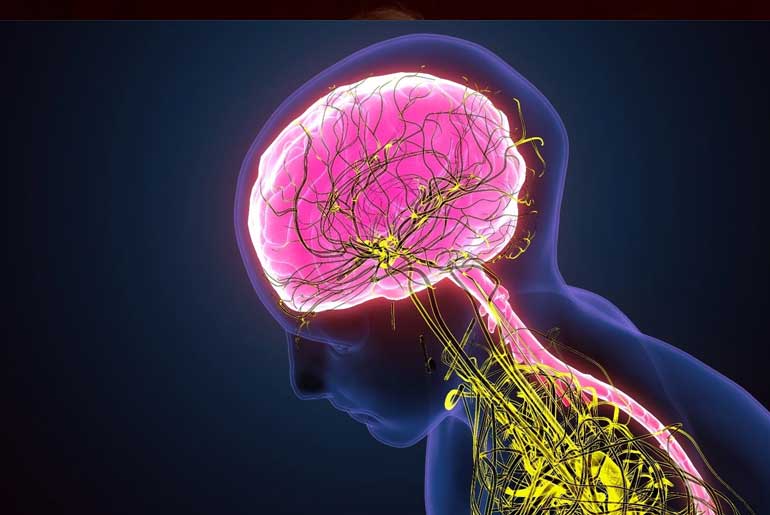To alleviate stress, anxiety, and depression, it’s essential to maintain a regulated nervous system that feels safe and relaxed, as a dysregulated system can trigger the fight or flight response. Key strategies to achieve this include changing stressful situations, reframing negative thoughts, practicing mindfulness and meditation, engaging in regular physical activity, consuming a balanced diet, ensuring adequate sleep, practicing breathing exercises, and maintaining healthy social connections. By addressing these factors, we can keep our regulated nervous system, promoting overall well-being and reducing the impact of stress and anxiety.
When faced with situations that trigger stress and anxiety, it is essential to develop effective coping strategies. Here are keys approaches to manage and mitigate these feelings:
Selecting the Situation:
- Preparation: Anticipate and identify situations that are likely to cause stress or anxiety. Prepare coping skills in advance to handle these situations.
- Example: If public speaking makes you anxious, practice your speech multiple times, visualize the scenario, and develop calming techniques like deep breathing to use during the event.
Changing the Situation:
- Quick Decision-Making: When you feel threatened or overly stressed in a situation, quickly assess and decide whether to remove yourself from it.
- Example: If a social gathering becomes overwhelming, excuse yourself for a short break to a quiet place to regain composure.
Managing What We Pay Attention To:
- Focus: Concentrate on aspects of the situation that are within your control. Redirect your attention away from uncontrollable factors.
- Example: During a stressful work project, focus on completing specific tasks rather than worrying about the overall outcome.
Reframing Our Thoughts:
- Perspective: Challenge and reframe negative thoughts. Look for alternative, more positive perspectives.
- Example: Instead of thinking, “I can’t handle this,” reframe to, “This is challenging, but I have the skills to manage it.”
Choosing Our Response:
- Intentionality: Be deliberate in your responses rather than reacting impulsively. Practice mindfulness to stay grounded and composed.
- Example: When faced with criticism, take a moment to breathe and respond thoughtfully rather than reacting defensively.
Implementing Coping Strategies:
Practice Regularly:
- Incorporate these strategies into your daily routine to build resilience over time.
- Practice mindfulness and relaxation techniques regularly to stay grounded.
Self-Reflection:
- After encountering stressful situations, reflect on what worked and what didn’t. Adjust your strategies accordingly.
Seek Support:
- Don’t hesitate to seek support from friends, family, or professionals. Sharing your experiences can provide new insights and reduce feelings of isolation.
By preparing coping skills, making quick decisions to change stressful situations, managing attention, reframing thoughts, and choosing intentional responses, you can effectively handle stress and anxiety, leading to better overall mental health and well-being.
Disclaimer:
The information contained in this article is for educational and informational purposes only and is not intended as a health advice. We would ask you to consult a qualified professional or medical expert to gain additional knowledge before you choose to consume any product or perform any exercise.







